12th Winner | 2025
Seung-Jun Lee, MD
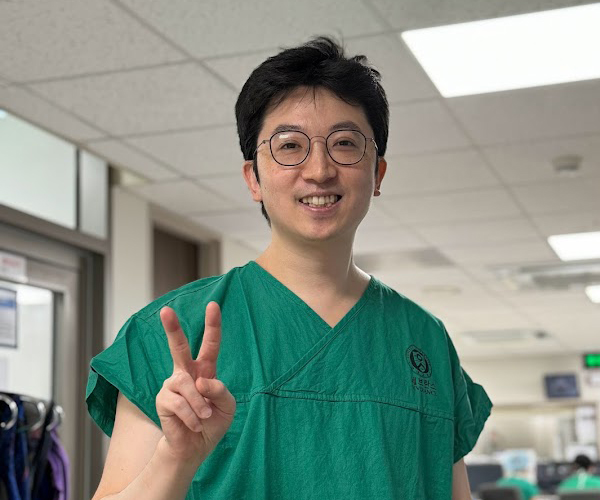

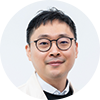



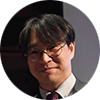
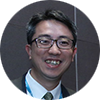
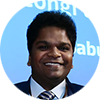

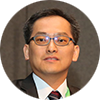
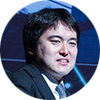
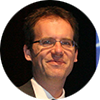
Seung-Jun Lee, MD
Severance Hospital, Korea (Republic of)

Dr. Seung-Jun Lee is a passionate interventional cardiologist with a strong academic foundation and broad clinical expertise. He has made remarkable contributions in coronary and endovascular interventions, with over 50 first-author publications in high-impact journals. His leadership within national cardiovascular societies further underscores his dedication to advancing the field. It is our great pleasure to recognize his achievements with this prestigious honor.
Congratulations, Dr. Seung-Jun Lee!
Congratulations, Dr. Seung-Jun Lee!
PAST RECIPIENTS

12th Winner | 2025
Seung-Jun Lee, MD
Severance Hospital, Korea (Republic of)

11th Winner | 2024
Ki Hong Choi, MD
Samsung Medical Center, Korea (Republic of)

10th Winner | 2023
Hashrul Rashid, MD
St. Thomas Hospital, UK / Monash University, Australia

9th Winner | 2022
Haoyu Wang, MD
Fuwai Hospital, China

8th Winner | 2021
Yi Xu, BM, PhD
The First Affiliated Hospital of Jinan University, China

7th Winner | 2019
Jeehoon Kang, MD
Seoul National University Hospital, Korea (Republic of)

6th Winner | 2018
Ho Lam, MD
Tuen Mun Hospital, Hong Kong, China

5th Winner | 2017
Babu Ezhumalai, MD
Fortis Malar Hospital, India

4th Winner | 2016
Alfonso Ielasi, MD
IRCCS Ospedale Galeazzi Sant'Ambrogio, Italy

3rd Winner | 2015
I-Ming Chen, MD
Taipei Veterans General Hospital, Taiwan

2nd Winner | 2014
Yusuke Watanabe, MD
Teikyo University Hospital, Japan

1st Winner | 2013
Nikos Werner, MD
Heart Center Trier, Germany
If you want to apply for the 13th Best Young Scientist Award, see the qualifications below and submit your application on the TCTAP 2026 website from July 8, 2025.
Qualifications:
- Be younger than 40 at the start of TCTAP 2026 without attaining the rank of Associate or Full Professor.
- Be experienced in patient care with a profound understanding of the clinical practice in TCTAP.
- Introduce novel and advanced solutions to complicated cases in TCTAP.

